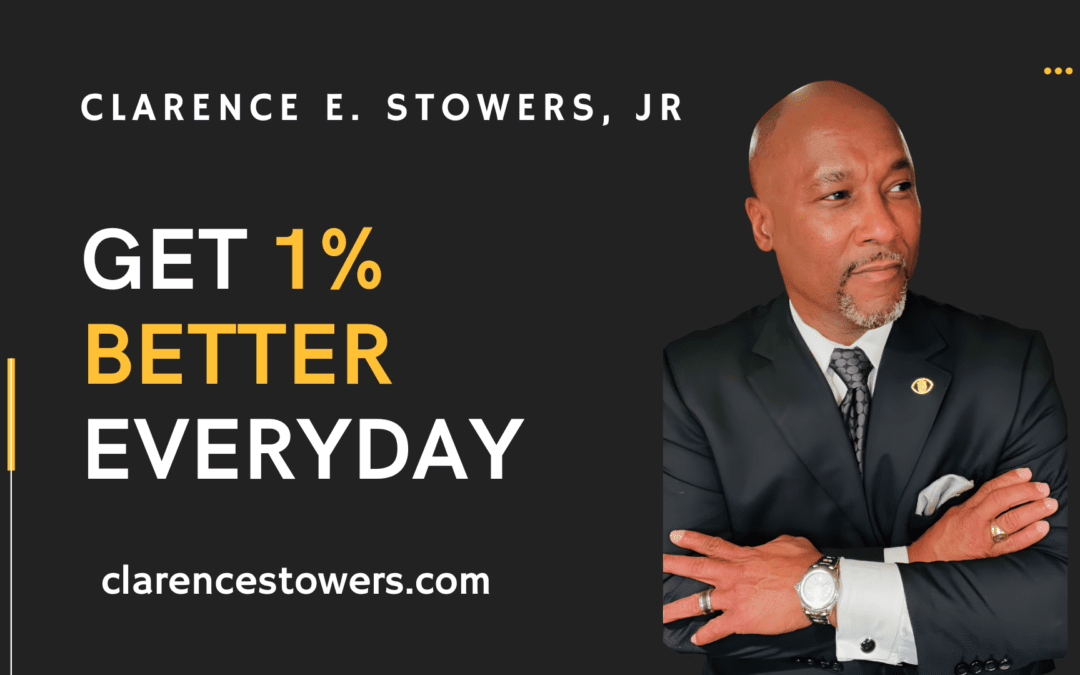In 1991, Spike Lee released his fifth feature-length film Jungle Fever. The plot centers on the interracial romance between a successfully married Black, played by Wesley Snipes, and an Italian woman played by Anabella Sciorra. The lovers come under intense pressure from their friends and family as a result of their interracial relationship. It’s no secret that even today, interracial relationships are still under intense scrutiny – even when it comes to attending church.
For most of white America, the black church is an alien segment of the nation’s culture, hidden behind the plain facades of large brick churches, the rude clapboard of country chapels, the salvation-emblazoned windows of tattered storefronts. It is a montage of impressions, some real, some misleading the low-moaning spirituals, the clapping and the shouted amens; the phenomenon of a Bishop TD Jakes and the curious charisma once possessed the Rev. Adam Clayton Powell; the prophetic, nation-shaking philosophy of a Dr. Martin Luther King, Jr. and the pragmatic, neighborhood-building politics of a Rev. Jesse Jackson.
There are almost 20 million black Christians in the U.S., and by far the majority find their faith and spiritual comfort in churches and denominations of their own making. These churches were the first black institutions in the nation: they are still, by every measure, the largest. Today they reflect the struggle of U.S. blacks for their rightful place in society, and the leaders of those churches differ widely in the role they see for the Black Christian in this struggle. But whether radical, conservative or moderately liberal, they generally agree that the black church holds a unique place in American society.
Often I question if blacks and whites worship together as equals? Honestly, at the present time I don’t think so. Being one in Christ means that all the spiritual things we do are one and the same in Christ, right? Think again! A person’s cultural background makes a big difference. Consequently, one’s culture presents difficult hurdle to conquer.
Cultural Barrier: Blacks and Whites Have Different Worship Styles
Black Christian worship style radically different from whites. Black people tend to worship with their whole being: body, soul and spirit. Our worship music stems from our African cultural roots. So be it fast, up-tempo, with a rhythmic beat; or slower, steadier, with a lot of harmony and a groove, it is music that can be felt and experienced deep within our soul. Some of the worship music in some white Christian environments tends to feel monotone and maybe even wordy to some Black Christians. It tends to engage the mind only, and not the total being.
The person leading the worship plays an important role in the process, too. Whether or not he or she lingers with a song-repeating it several times until its meaning and inspiration can be felt within, affects the depth of the whole worship experience. Sometimes white worship feels rather shallow to Black Christians. Many are accustomed to either gospel music, gospel R & B, gospel jazz or gospel rap and hip hop. Hymns in a Black tradition often have a gospel or soulful sound.
What’s your take?





Interesting subject matter